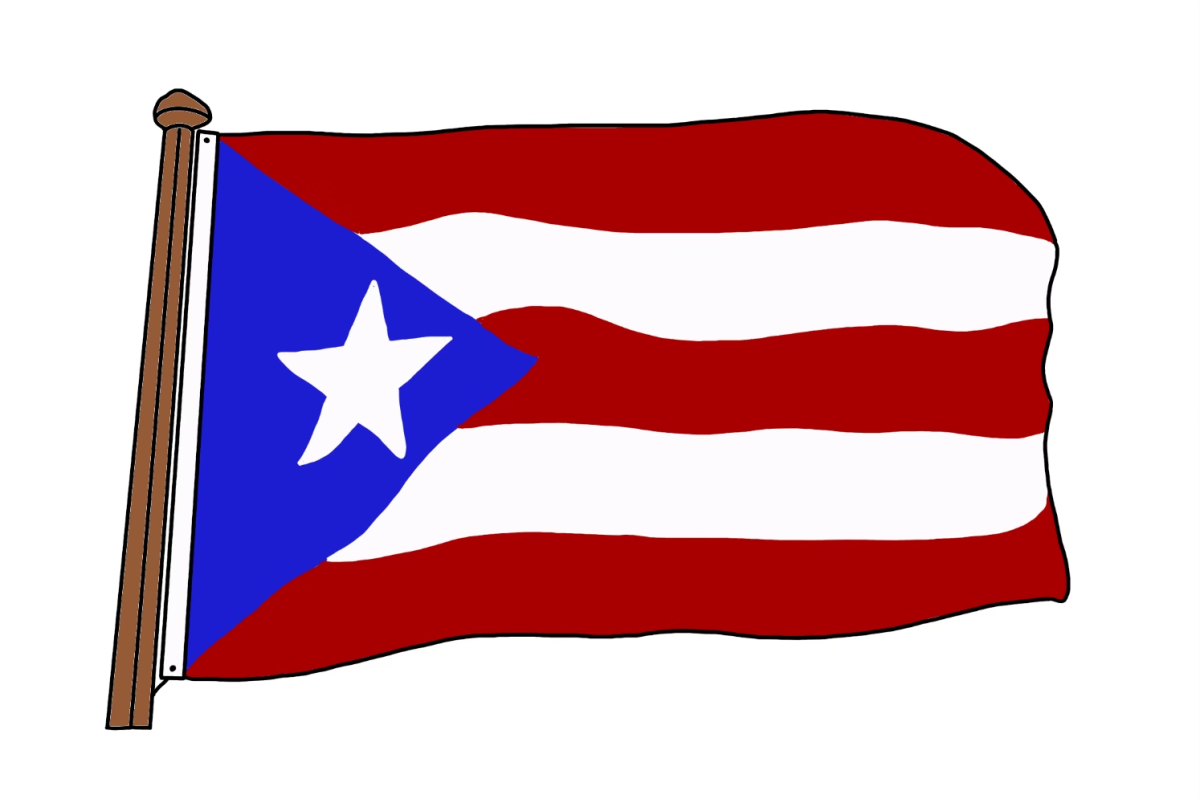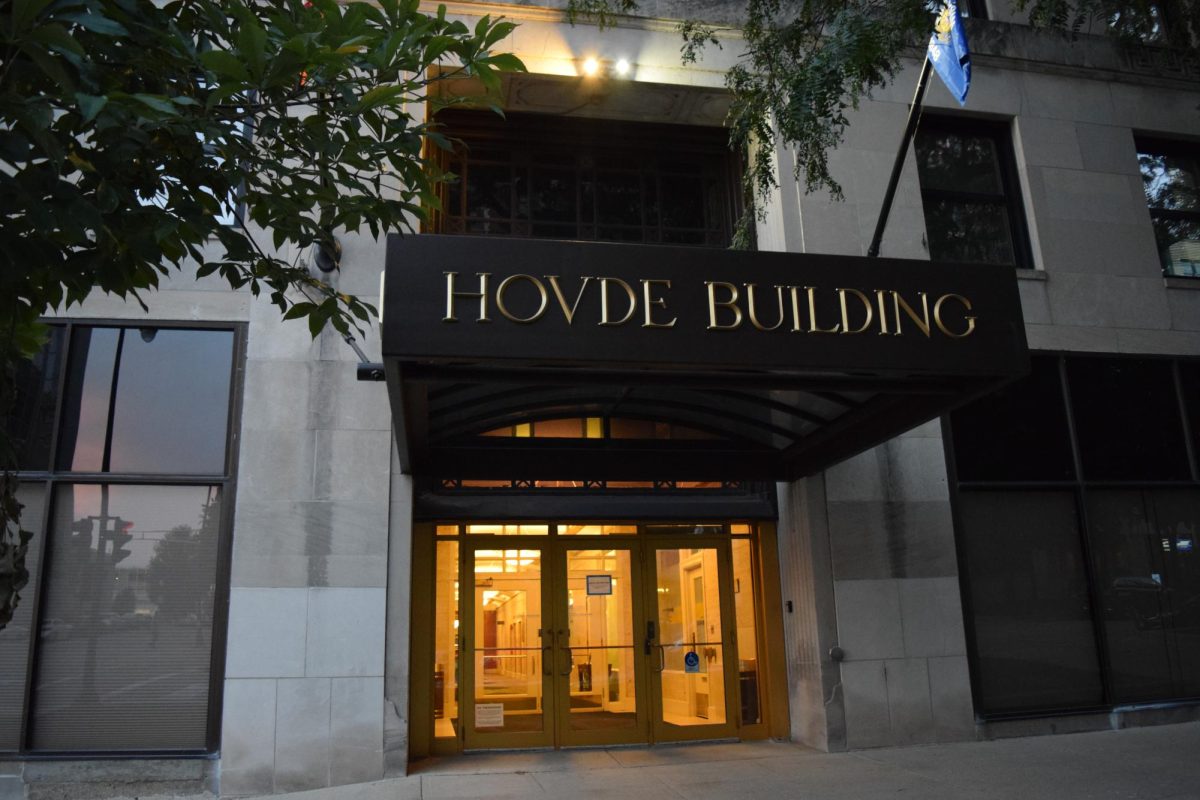PORT-AU-PRINCE, Haiti (REUTERS) — Armed gangs threw up flaming barricades, and looters struck Haiti’s chaotic capital Wednesday before an expected rebel advance that sent foreigners fleeing the country.
Haitian President Jean-Bertrand Aristide has appealed for international help as he tries to fend off a bloody three-week-old revolt against his presidency by insurgents, including a former death-squad leader and a former senior police officer.
Masked men loyal to Aristide cut off streets in the capital with piles of wrecked cars, rusted appliances, rocks and tires. They searched cars and questioned motorists as the city braced for a rebel assault promised within days.
“The police do not have enough ammunition to carry out a war … The police and people will work together to respond to the threat,” said Aristide’s security minister Jean Gerard.
In Washington, President Bush rebuffed Aristide’s appeal for immediate security assistance to head off a rebel attack, saying peacekeepers could only be sent once a political settlement to the crisis was reached.
“Incident to a political settlement, we will encourage the international community to provide a security presence,” Bush told reporters.
He also said he had instructed the Coast Guard to “turn back any refugee” from Haiti who seeks to land on U.S. shores.
Hours later, the U.S. Coast Guard intercepted a freighter off Miami with more than 20 Haitians on board, but it could not immediately confirm television reports that the vessel may have been hijacked by people fleeing Haiti.
The United States clearly wants to avoid a repeat of a 1990s influx when tens of thousands of Haitians tried to escape the turmoil in their homeland by setting out for Florida in boats.
Shops were shuttered in Port-au-Prince as looters hit a food warehouse, car dealerships and restaurants. Opposition leaders blamed the violence on Aristide and vowed again not to accept any deal that did not include his resignation.
“People today in Port-au-Prince are being stopped by well-armed and hooded civilians and are terrorized,” said opposition leader Charles Baker. “I think it’s a show by Aristide to get the international community involved, so they come in here and protect him.”
Rebels control Haiti’s second city, Cap Haitien, and a string of towns in the north. Aristide has warned thousands may die if they are allowed to reach Port-au-Prince.
Aristide’s children sent out
Aristide’s wife, Mildred, told CNN “the situation is very dangerous” and she had sent her children out of the country. “I did choose to send them to my parents who are outside of Haiti because the stress is difficult on them,” she said. “I did send them because the threat is real.”
More than 60 people have died in the impoverished Caribbean nation since Feb. 5, when the rebels, a collection of gangs and ex-soldiers, began the revolt by overrunning the western city of Gonaives.
Former colonial power France proposed setting up an international police force to restore order in Haiti and blamed Aristide for the chaos in a statement by Foreign Minister Dominique de Villepin seen as a call for him to resign.
There was no political settlement in sight.
Aristide’s political opponents distanced themselves from the armed revolt but share its aim of getting the president out. They rejected a U.S.-backed deal brokered by diplomats that proposes Aristide give up some power and form a new government.
Sustained gunfire was heard in suburbs of Port-au-Prince. Concrete barriers were set in place outside the National Palace and roads to the airport were littered with burned cars.
“We want Aristide for five years or death,” said a young man near a roadblock. “That’s what we’re fighting for. We’re here because we love Aristide.”
Aristide, a former priest, became the country’s first freely elected president in 1991 and was re-elected in 2000. Opponents accuse him of rights violations and corruption.
Warned by their governments that the country of 8 million people is no longer safe, foreigners crammed Port-au-Prince’s airport for flights out.
People shoved each other at metal detectors at the airport’s entrance and were pushed back by guards.
“I don’t want to go, but I’ve been told to go,” said Yolanda Murphy, 41, a missionary for the Indiana-based Church of God who has been on the island for 17 years.
Officials say up to 20,000 Americans live in Haiti.
Canada said it was sending nine troops to Haiti to guard its embassy. They will join five Canadian military personnel already on the island preparing an evacuation plan.







